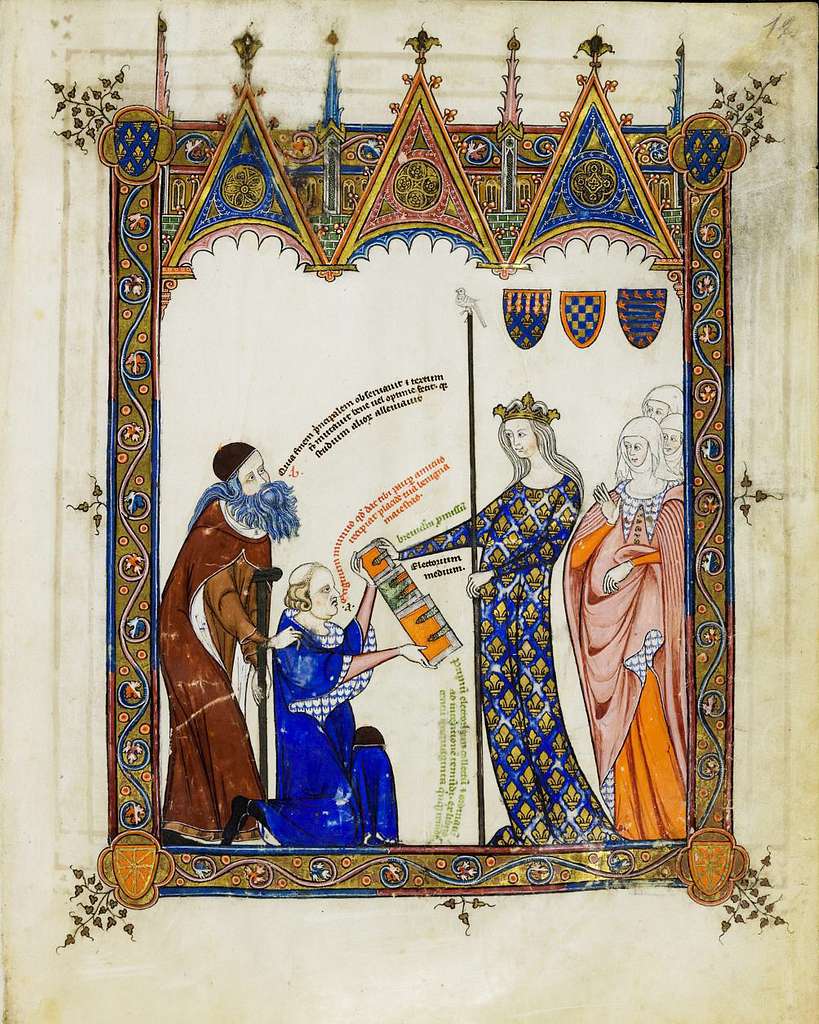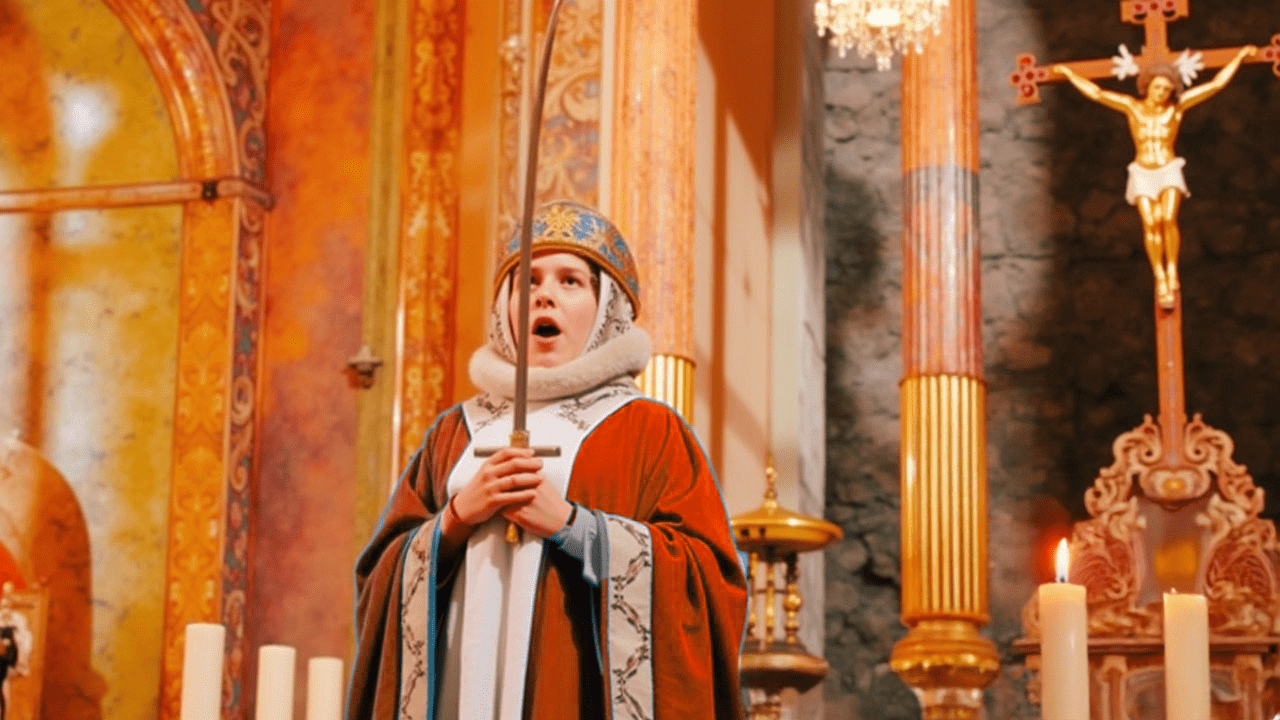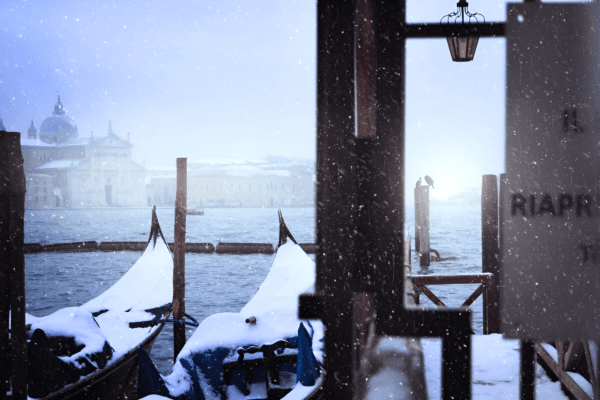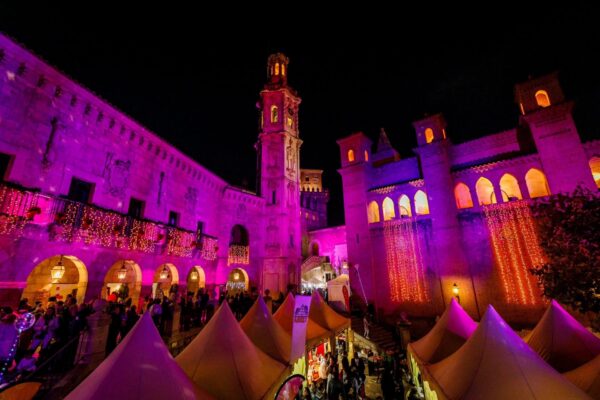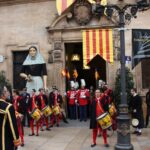It’s perhaps the fourteenth century’s noisiest piece of art, a raucous comic strip some 700 years old. Depicting key episodes in the eventful life of the remarkable Mallorcan mystic and poet Ramon Llull, this lavishly illustrated medieval manuscript, known as the Breviculum, is saturated with text emerging from the human figures’ mouths. Words burst forth and billow away in speech balloons across the space of the pages as Llull prays and preaches across Europe and Africa at the courts of Kings, Queens and Sultans.
Llull’s influence stretched across various disciplines including philosophy, theology, mysticism, and literature. Born in 1232 into a wealthy family shortly after the conquest of Mallorca, he led a fascinating life marked by intellectual curiosity and a fervent zeal to reconcile faith with reason. His plans for missions and evangelizing among unbelievers demanded the effective exercise of communication – and this can be seen as his words palpably flow through the air to the ears and minds of Muslim listeners in the manuscript illustrating his life, compiled by his disciple Thomas Le Myésier in the 1320s.
Llull considered words to be physical objects with almost magical, affective powers not unlike stones and plants. Beautiful speech was capable of placing the truth in the minds of listeners, he reasoned, and unbelievers would thus be drawn irresistibly to the voice. This physical, sensual nature of words echoes Llull’s unlikely and original idea that speech was the sixth sense, which he called affatus.
In post-conquest Palma, Llull initially led a dissolute life of wine, women and song till a religious vision inspired him to sell his worldly goods and leave the ways of the flesh (and his family) behind. He went on pilgrimages before returning to Mallorca where he set up a hermitage known today as Miramar (perched atop the cliffs between Deià and Valldemossa). It was later to become an important language school, where students could learn Hebrew and Arabic in order to better convince non-Christians.
At the core of Llull’s philosophy was the belief in a universal truth that could be discovered through rational inquiry. Boldly, he sought to harmonize the teachings of Christianity with the wisdom of ancient philosophy, particularly that of Aristotle and Muslim scholars such as Avicenna and Averroes.
One of Llull’s most enduring contributions is his invention of the Ars Magna, or the Great Art, which he composed while on the hill of Randa, just outside Palma. This is a complex system of logic and combinatorial thought aimed at demonstrating the fundamental truths of Christianity and converting non-believers. The Ars Magna utilized a series of symbols and diagrams to represent concepts and their relationships, allowing for the exploration of theological arguments in a structured and methodical manner. This pioneering work laid the groundwork for later developments in logic and computational theory. To promote his work, he traveled to the capitals and universities of Europe, visiting kings, princes and popes, even venturing as far as Muslim North Africa.
In addition to his philosophical pursuits, Llull was a prolific writer and poet. He composed numerous treatises, dialogues, and literary works in Latin, Catalan, and Arabic, reflecting his multilingual background and his engagement with diverse cultural traditions.
Llull’s legacy endures to this day: he’s revered as a pioneer of Western thought and a visionary thinker ahead of his time. His holistic approach to knowledge, his unwavering faith, and his dedication to the pursuit of truth continue to inspire scholars and seekers alike, reminding us of the enduring power of reason and the boundless possibilities of the human mind, and perhaps, the voice, a voice that’s still heard today.
